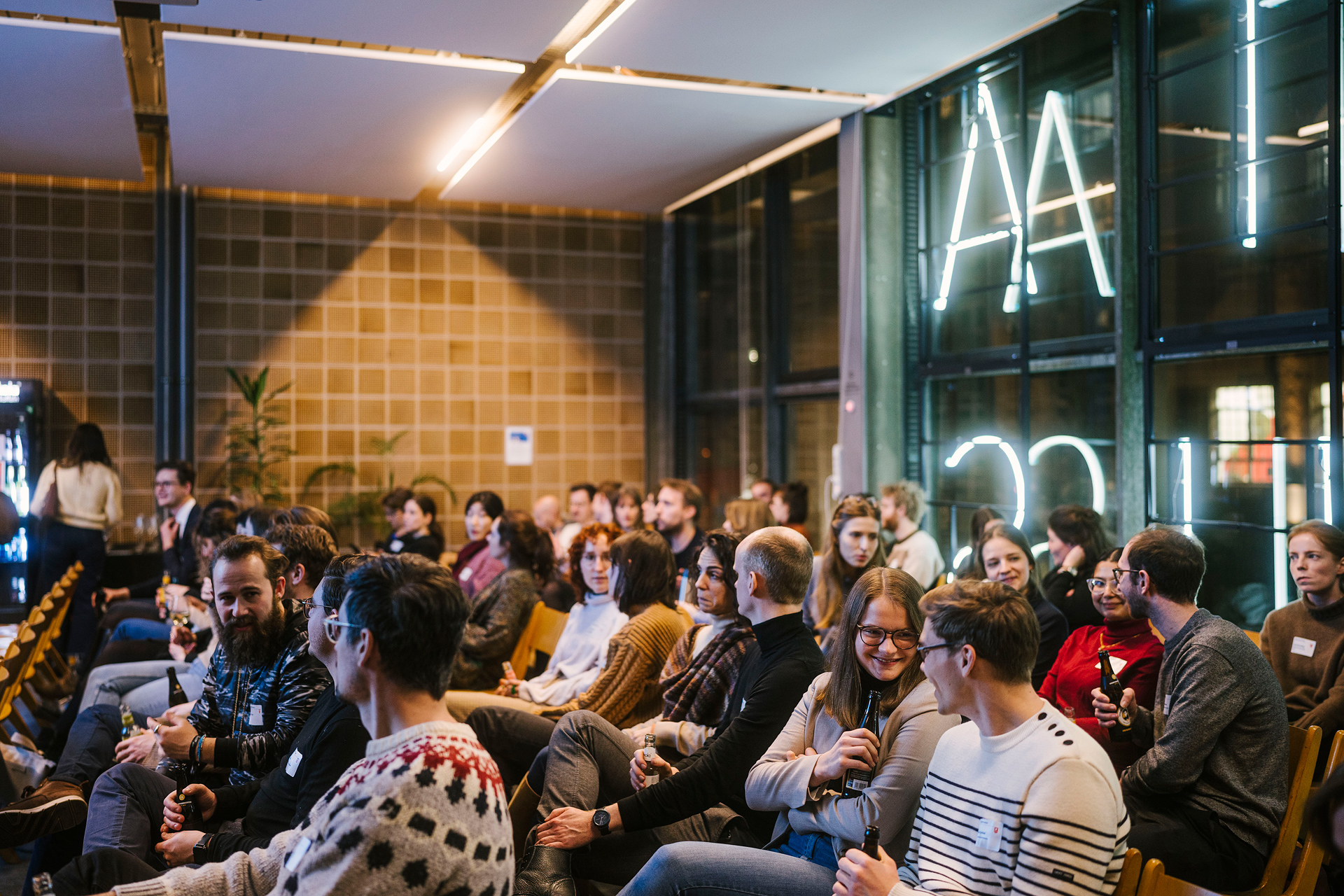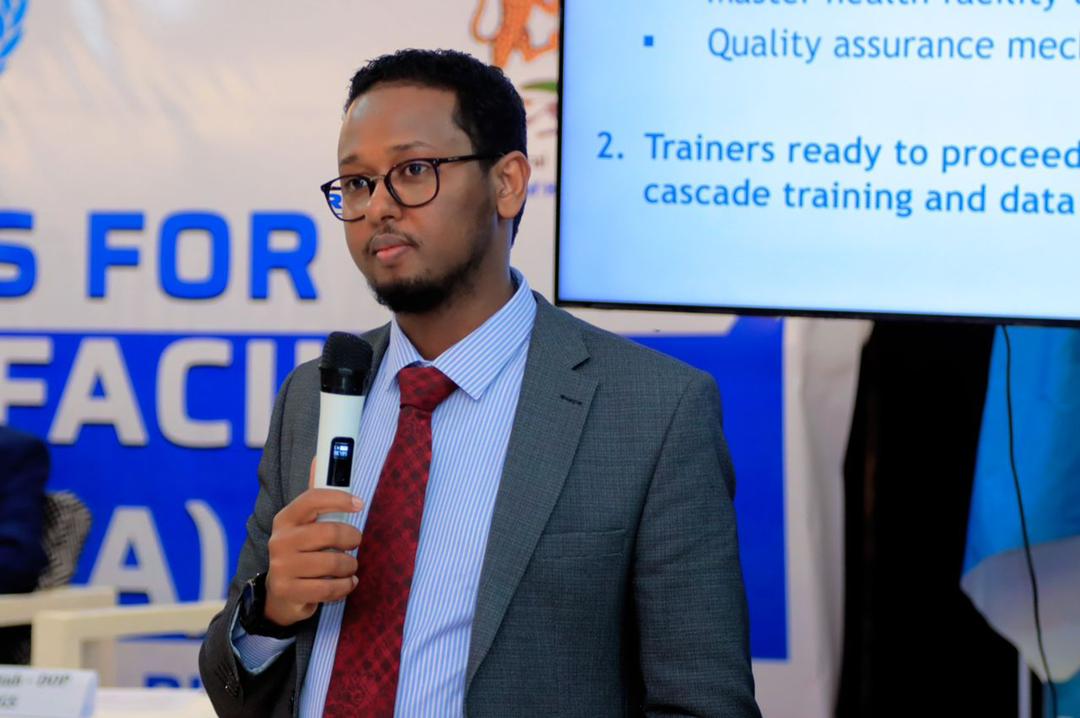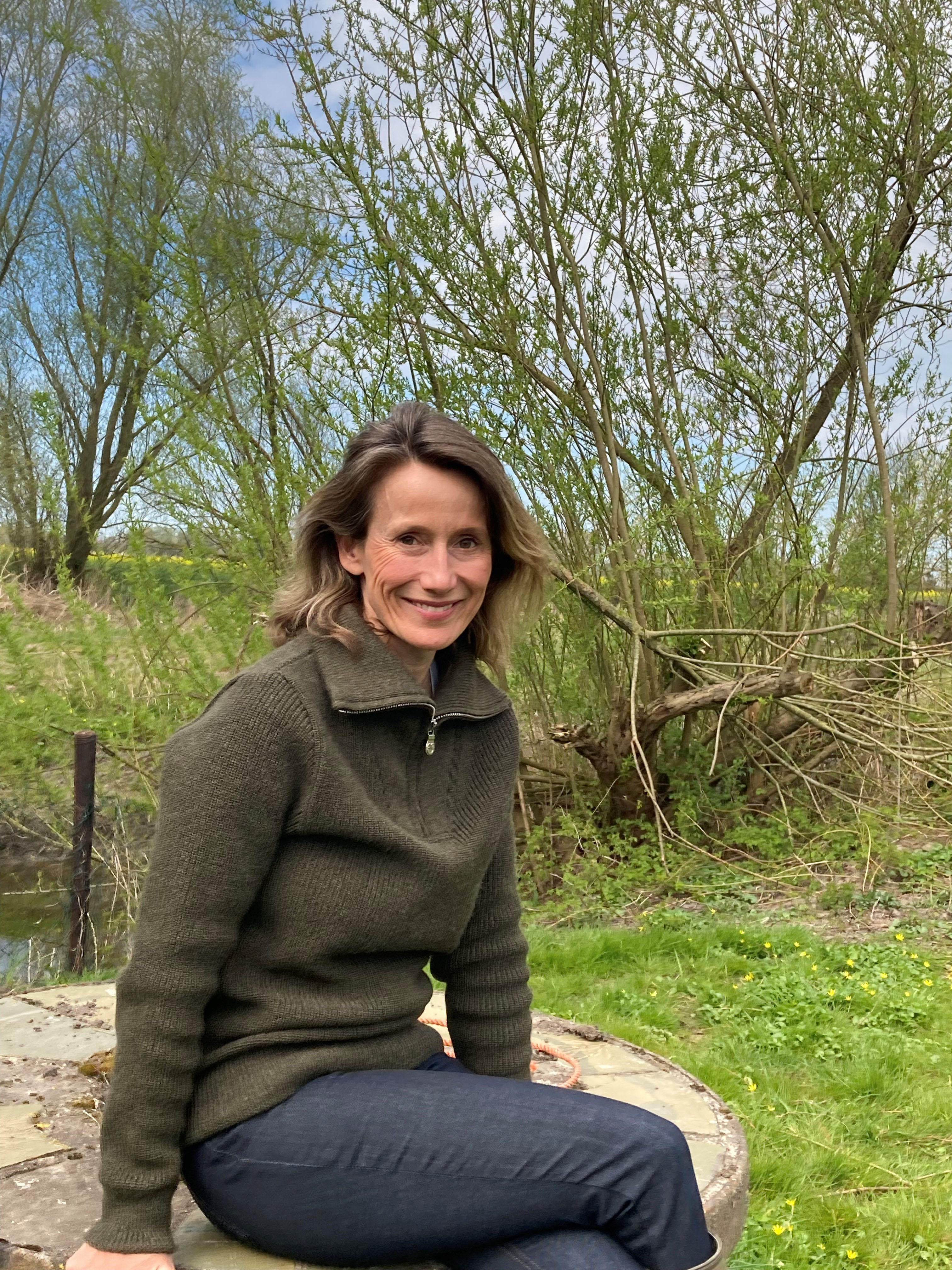‘Bridge builder’ on an adventure in Brussels
In this new series, we ‘travel through time’ with UM alumni through their working lives. What was their childhood ambition, where are they working now and where do they see themselves in 10 years’ time? This time we speak with Rick Maijer, graduate of the master’s in European Public Affairs at the Faculty of Arts and Social Sciences. A year ago, he took the plunge and became an adviser on EU public affairs for the Province of Limburg.
As a child, what did you want to be when you grew up? And what has your study time been like?
Rick: ‘‘As a child I often said that I wanted to start my own business. Preferably a shop, right in the city centre, something in fashion maybe. Retail has always appealed to me. So commerce was one of my favourite subjects at high school, but I also found languages and subjects like law, art history and economics interesting. Later I really got into politics and topics related to other cultures and human rights.”
“It took a while before I found a study programme that ticked all those boxes. European Studies at Zuyd University of Applied Sciences turned out to be a bull’s eye. After that I wanted to continue my studies, to go deeper. The master’s in European Public Affairs at Maastricht University was a perfect fit, but because of my prior education I didn’t meet the admission requirements, and in those days there was no pre-master’s for that programme. Fortunately, I was able to show how motivated I was, and so I became the programme’s very first participant with an applied sciences background!”
“I’d recommend European Public Affairs to anyone. It’s a small-scale, very international programme, where you make friends for life. I have many special memories of that time, from my first take-home exam to the lobby presentations. I still recall an assignment from Professor Esther Versluis: we were allowed to participate in research on the implementation of European guidelines for the Ministry of Justice. In our spare time, my classmates and I used to go out to the Highlander, Take Five and the Allebonneur. We also spent a lot of time at the travel agency opposite the faculty, because they already had internet, ha ha.”
- the text continues below the image -
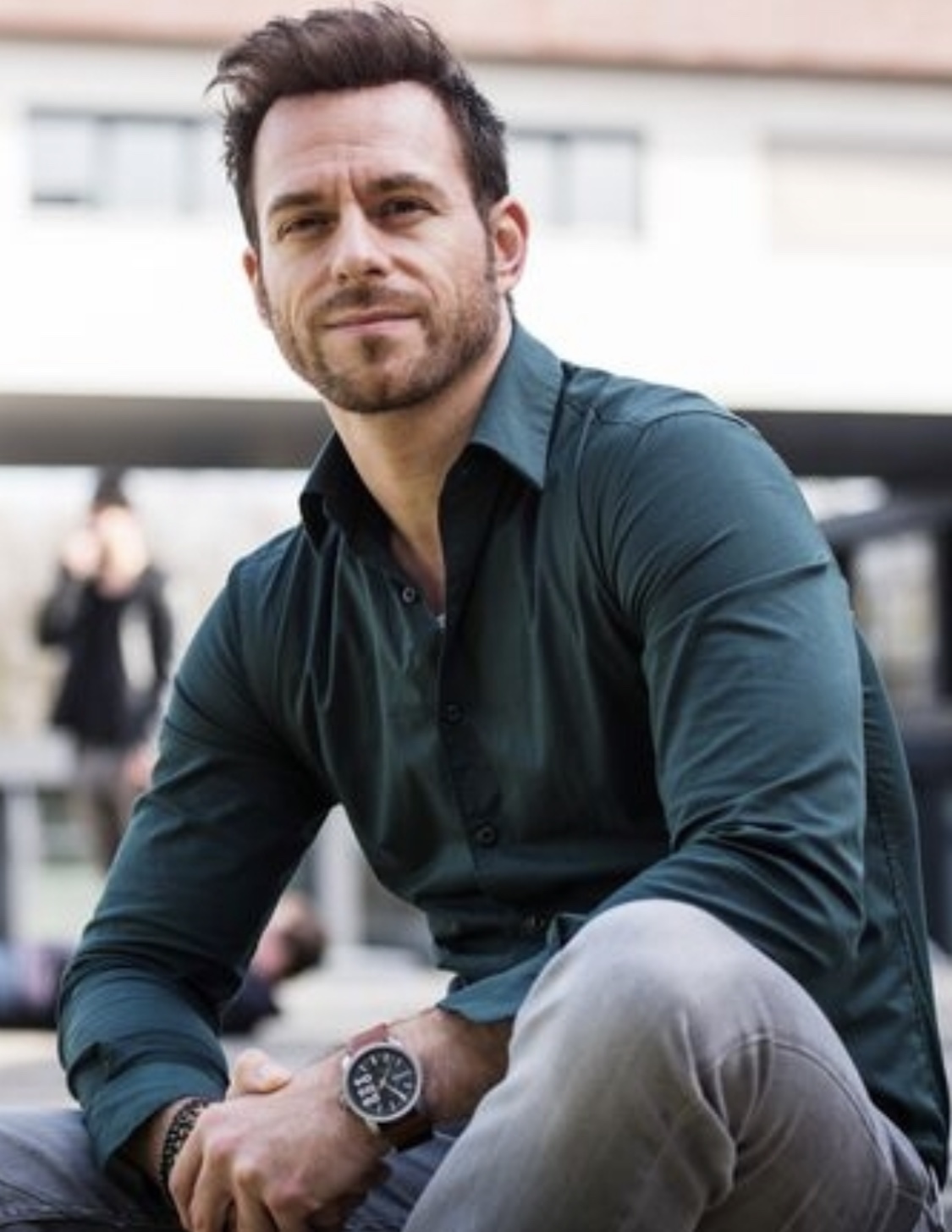
Rick Maijer (1980) graduated cum laude from the bachelor’s in European Studies at Zuyd University of Applied Sciences. He then obtained a master’s in European Public Affairs at Maastricht University, including an internship at the European Institute of Public Administration.
After graduating in 2009 he joined Zuyd as an international officer and lecturer in EU affairs/coordinator. He now works as a public affairs adviser for the Province of Limburg and lives and works alternately in Maastricht and Brussels. In his spare time Maijer likes to surround himself with friends, family and his cat. He is looking forward to being able to go to festivals again.
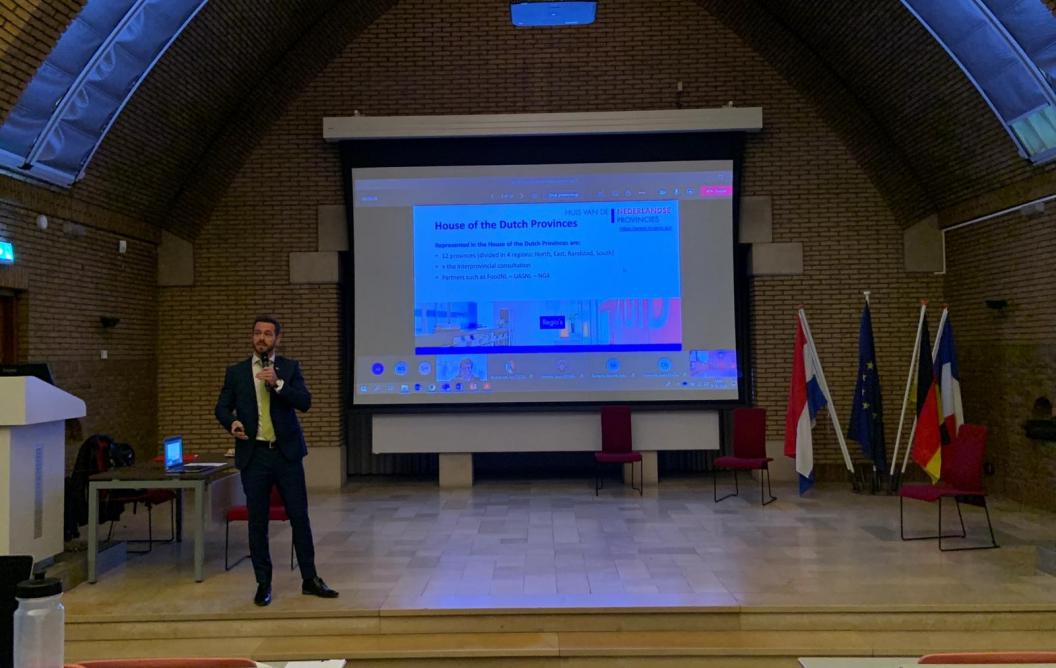
Rick Maijer giving a presentation at Zuyd University of Applied Sciences.
What has your career been like since you graduated? And where do you work now?
“I started as an international officer at Zuyd. One day a European Studies lecturer was sick, and because of my background I was asked if I could jump in. I loved teaching straight away. Over the next 10 years I obtained my teaching certificate, taught a total of 13 subjects and was involved in developing the new curriculum as coordinator and as part of the Board of Examiners. I also did mini-internships with former classmates working in the ‘Brussels bubble’ [the Brussels lobbying world]; that way I could give my students accurate information about how things work in the professional field. More and more often, I felt this itch that I wanted to scratch. I was particularly drawn to lobbying. The idea that you can connect different worlds, immerse yourself in the content, and also have a lot of contact with people...”
“When my current position as public affairs adviser at the Province of Limburg came my way, I decided — hard as it was — to say goodbye to teaching and embrace the adventure. For the past year, a colleague and I have been promoting the interests of the Province of Limburg in Europe. In practice, it means constantly lobbying and building bridges. We bring a piece of Limburg to Brussels and a piece of Brussels to Limburg. We’ll analyse the options for supplementing provincial resources with European funds [see the grey box for an example], or try to bring Brussels around to the Province’s point of view. My portfolio covers the regional economy, agri-food, sustainability, the environment and industrial policy.”
“I really like the atmosphere at the European institutions. What can sometimes be difficult is the bureaucracy. You have to be patient; negotiations at the European level often take a long time. So many choices have to be made, at so many different levels, with so many member states... People often say ‘Brussels has decided’, but we have to realise that every European country has a say in Brussels! How do I handle the bureaucracy? The trick is to learn to understand other perspectives.”
Lobbying for Limburg: an example
“Money from the European Commission goes to a fund that supports countries in the transition to a low-carbon economy. The money for the Netherlands was originally earmarked almost entirely for Groningen due to the problems there caused by gas production. Thanks in part to our efforts, instead it will be more broadly distributed over the other regions, including the southern Netherlands: Zeeland, Brabant and Limburg. That's great, because the Chemelot industrial complex in South Limburg, for example, is still heavily dependent on fossil fuels.”
Also read
-
From lab technician to FHML student to national decision maker: after spending a number of formative years at Maastricht University, Abdifatah Ahmed Mohamed has returned to his native Somalia. There he aims to make a difference as Director of Policy and Planning at the Ministry of Health and Human...
-
In 1999, Hanneke van der Tas was one of the first students to graduate from UM’s brand new European Law School. She went on to earn a postgraduate degree from Harvard Law School. She passed both the New York Bar and the Paris Bar, seemingly destined for a career as a lawyer or judge. Then her life...
